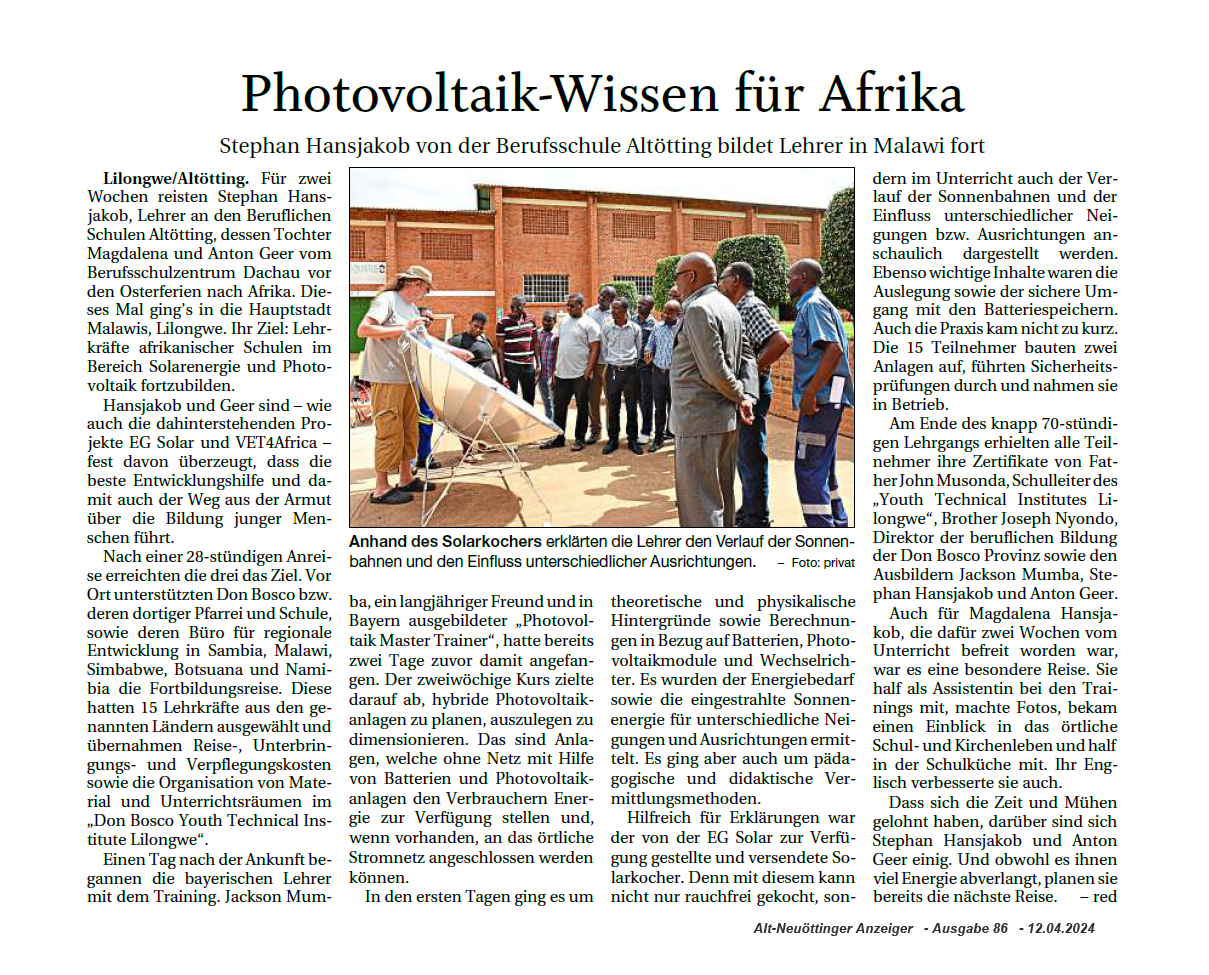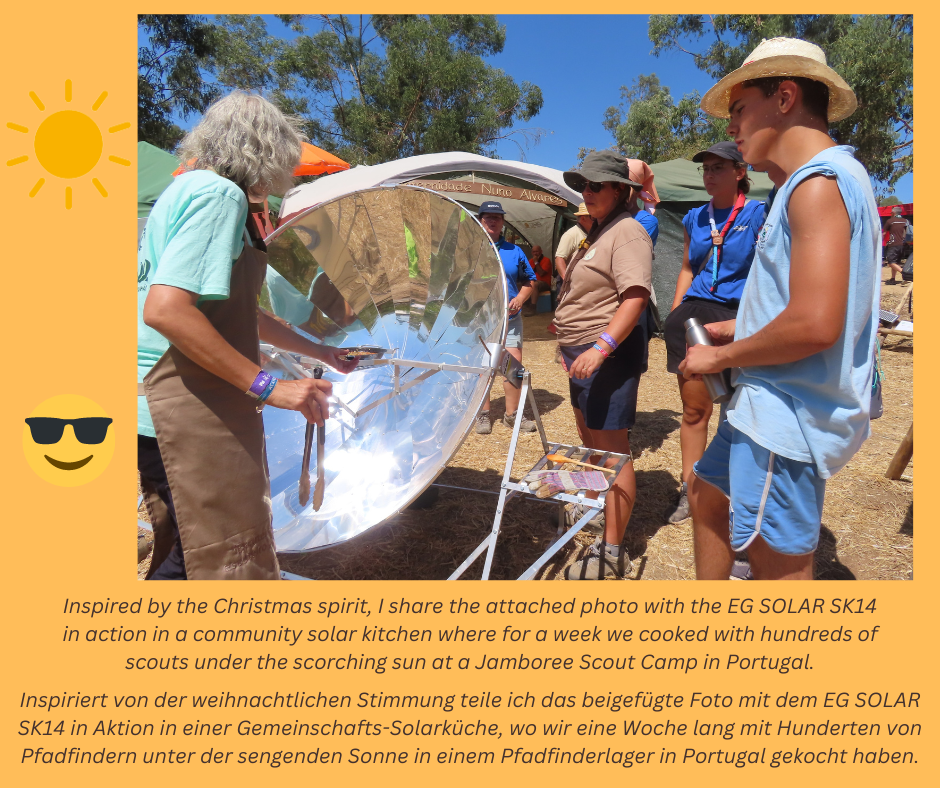April 2024
EG Solar together with VET4Africa in Malawi
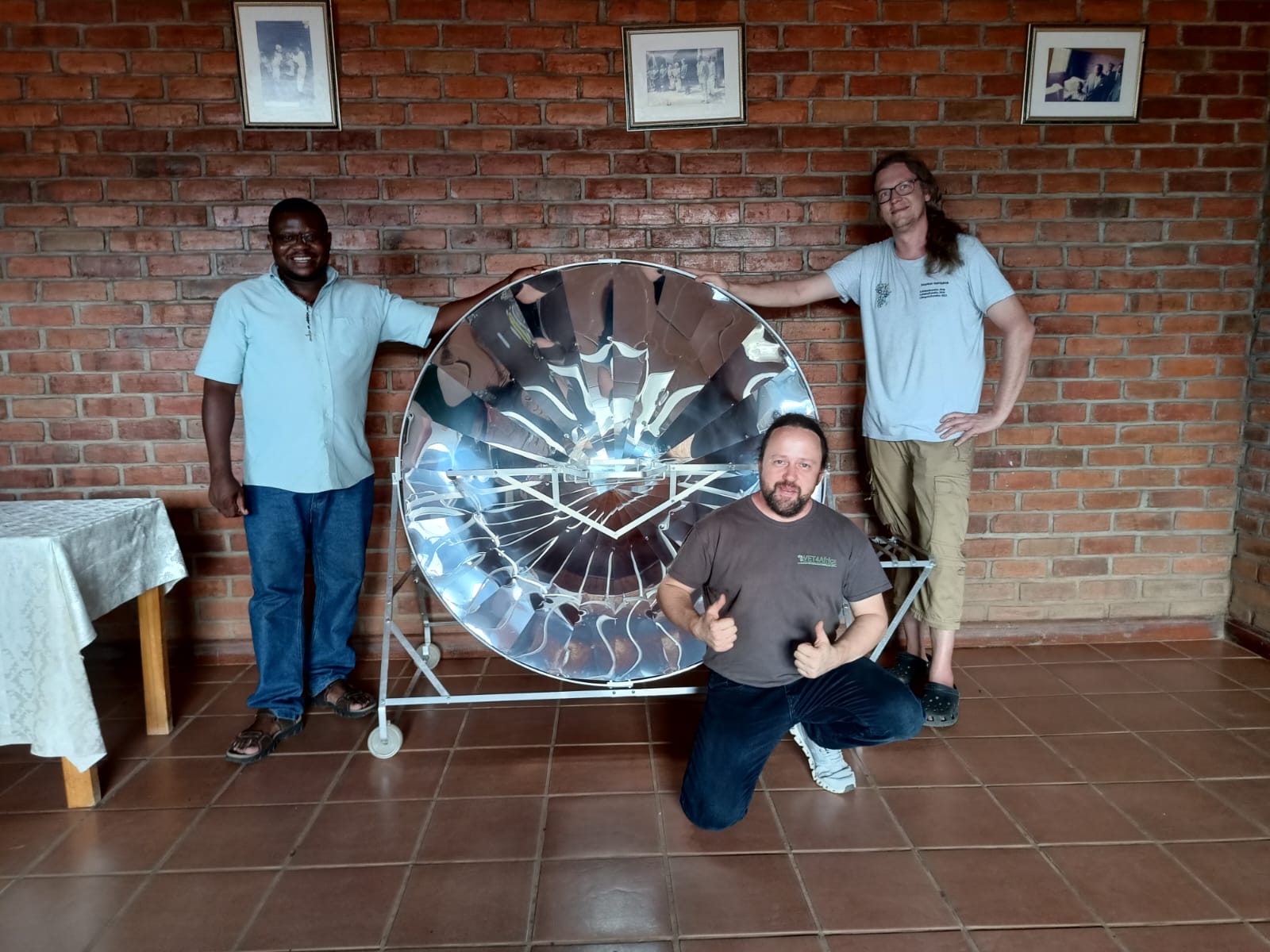 The project report is now available
The project report is now available
In Malawi, EG Solar and Vet4Africa organised a joint “Training of Trainers” course for the first time.
The Alt-Neuöttinger Anzeiger reported on 12.04.2024.
A detailed project report will follow.
Project 100 + 100 solar cookers for Afghanistan
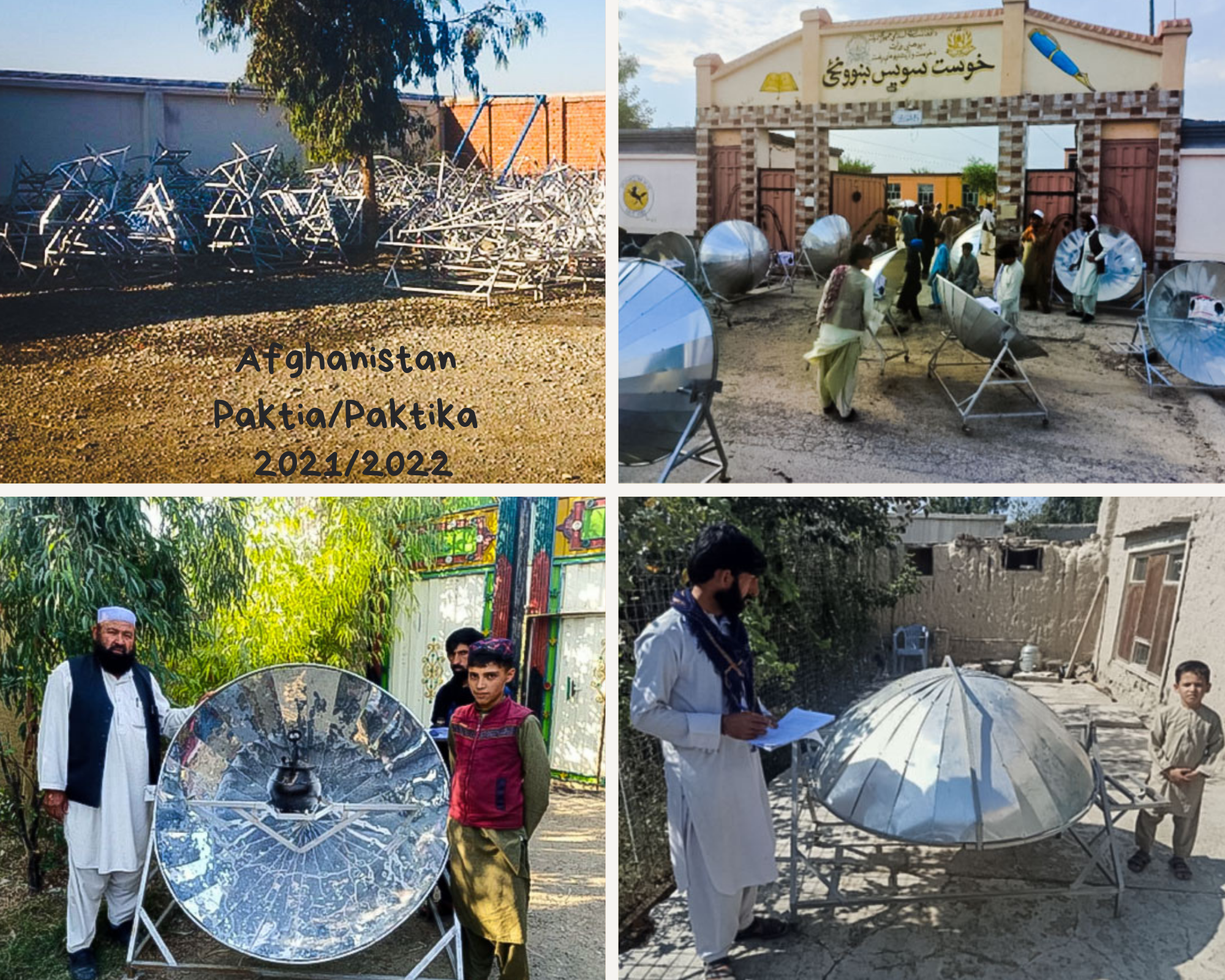
The project reports for both donation deliveries (100 sets of reflector plates each to the Paktia and Paktika regions) are now available
Project report for the 2021 donation delivery
Project report for the 2022 donation delivery
On this occasion we would like to thank Afghanic e.V. once again for the good cooperation!
März 2024
Cookery Books Imma Seifert
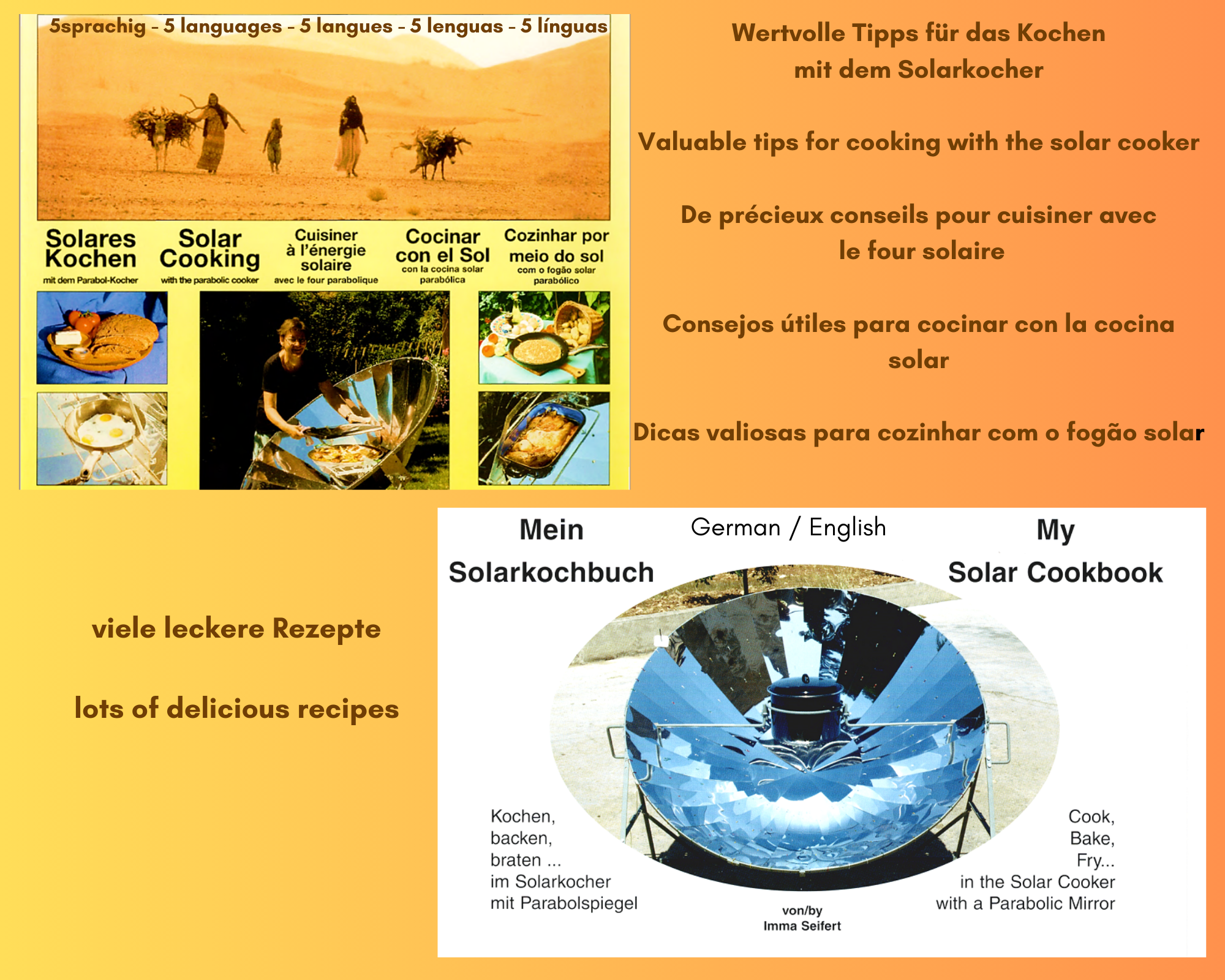
There is now an updated version of Imma Seifert’s 5-language cookery book.
In addition, a book with delicious recipes can now be downloaded.
Although these book are already about two decades old, they are still full of valuable tips and tricks.
February 2024
Donations to South Africa and Kenya
We made the following donations for our partner Char2Cool last year
a) ONE solar cooker for the Butterfly Way Educare Kindergarden in Muizenberg (Johannesburg), South Africa
b) THREE solar cookers for the non-profit marine conservation organisation Bahari Hai in Watamu, Kenya.
The annual report of Char2Cool, from which these excerpts are taken, can be found here
Portugal
January 2024
Project Report Dareda/Tanzania
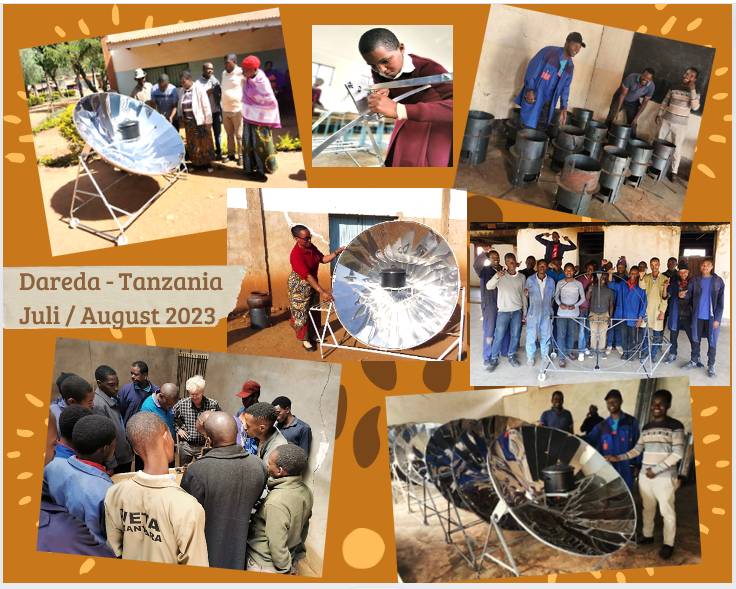
The project report by our Chairman Hans Michlbauer can now be downloaded here.
Dieter Seifert, an EG-Solar “veteran” who played a key role in the development of our solar cookers, has written a ==> book together with
Manuel José Vilchez from IPECNA (Spain)
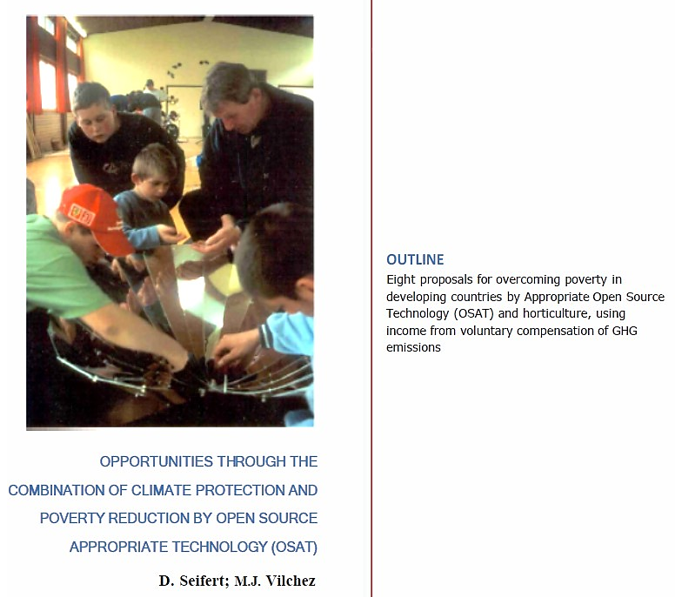
Tanzania July / August 2023
In July and August, our CEO, Hans Michlbauer, spent a total of 5 weeks in Tanzania.
In Dareda, he then also He also held a construction course for solar cookers and wood-saving cookers at a vocational school in Dareda.
The “Alt-Neuöttinger Nachrichten” reported about his trip and about EG Solar in the issue of 16 September.
A detailed travel report from him will follow asap.
Full article (only available in German)
Lesotho – Autumn 2022
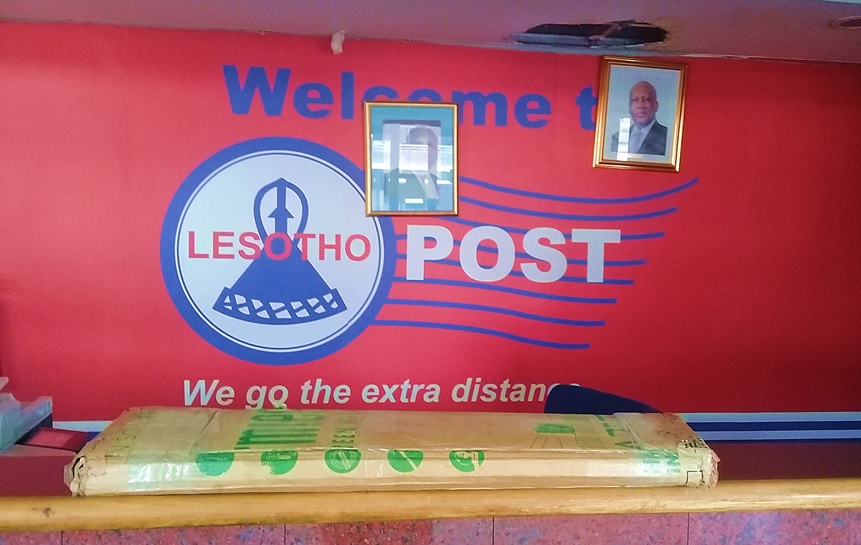
On October 17, 2022, a donation delivery from us arrived in Lesotho
more…
Afghanistan 2022
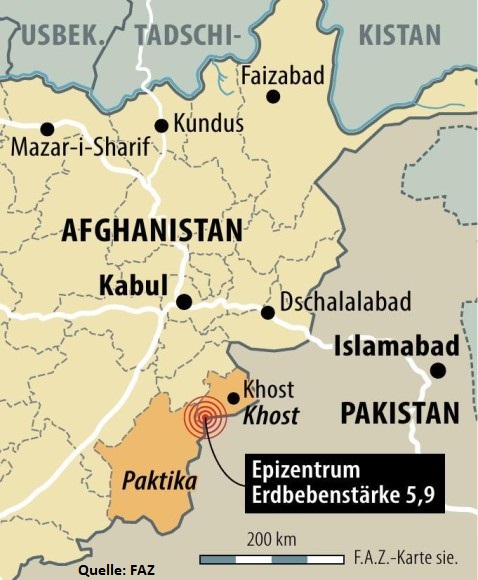 At the beginning of August 2022, we sent another 100 sets of reflector sheets to Afghanistan in cooperation with our partner Afghanic e.V.
At the beginning of August 2022, we sent another 100 sets of reflector sheets to Afghanistan in cooperation with our partner Afghanic e.V.
This time, in addition to 50 solar cookers for the Khost/Paktia region, another 50 solar cookers were to go to the Paktika region, which was shaken by a strong earthquake on June 22, 2022 that killed over 1,000 people.
Shipping was a bit more difficult than last year because there were no flights on the usual route via Istanbul available until further notice.
Eventually, the consignment reached its destination airport in Kabul on a detour route.
In March 2022, 3 solar cookers were delivered to the Loreto Children’s Home in Zimbabwe via the Bulawayo Projects Centre.
They were overwhelmed!
=> Project Report (at present available in German only)
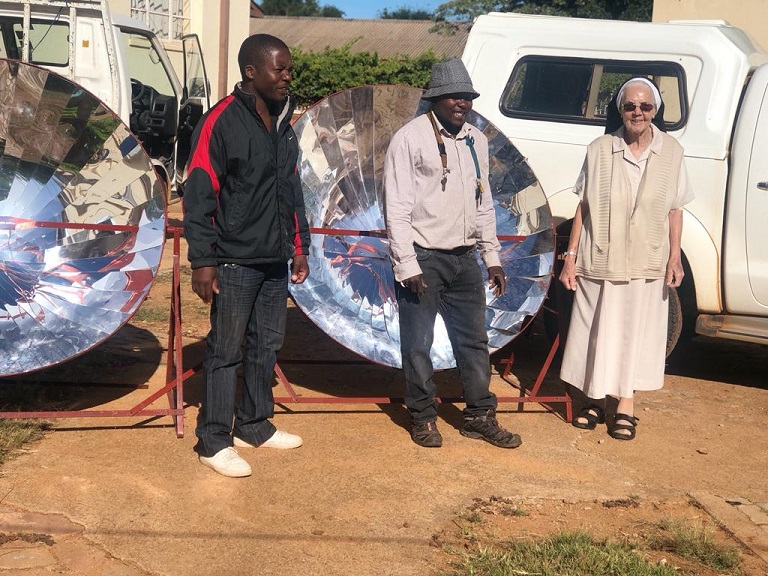
Annual Report 2021
⇒ annual report 2021
Afghanistan 2021
Project Report ==> 100 solar cookers for Paktia
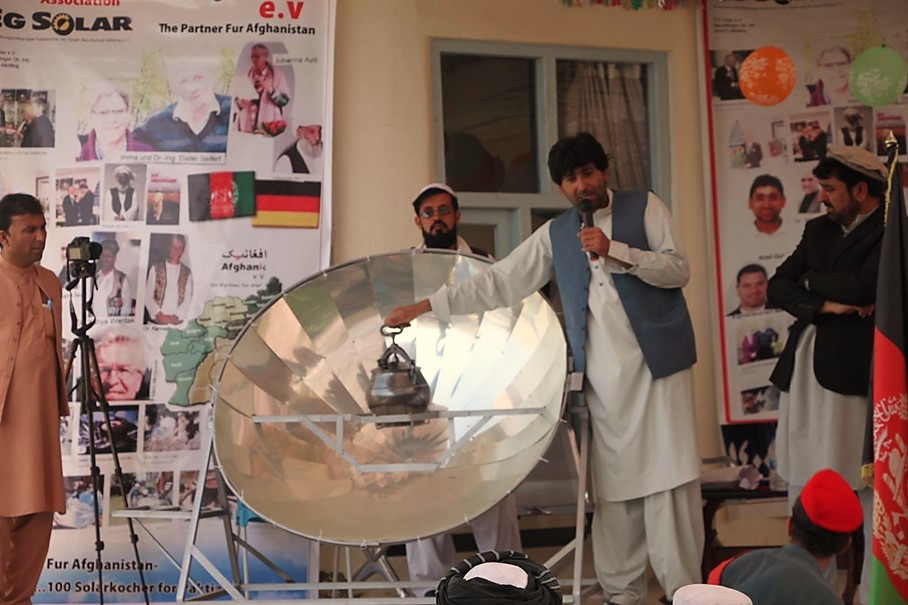
In Costa Rica you will not only find a great variety of flora and fauna, coffee and bananas, but also => enthusiastic followers of solar cooking
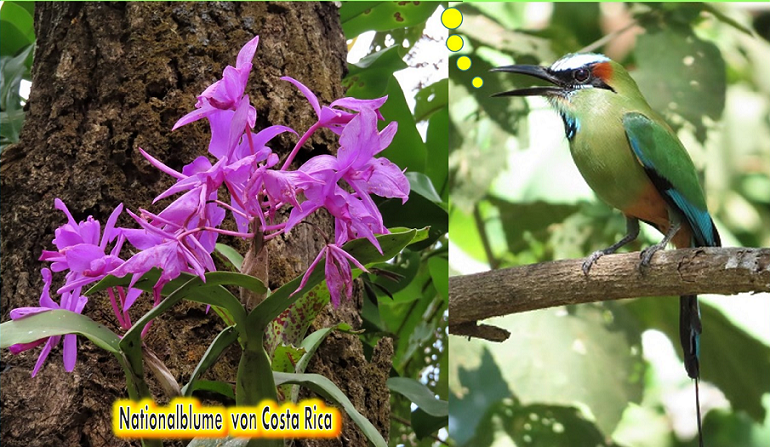
Annual Report 2020
⇒ annual report 2020
Solar Cookers for the Bulawayo Projects Centre, Bulawayo
EG Solar has decided to sponsor 100 sets of reflector sheets for the construction of SK14 solar cookers
in the Projects-Center Bulawayo / Zimbabwe and to send them by container via the Dutch aid organization
there.
Please look up the photos -> https://www.albelli.nl/onlinefotoboek-bekijken/5d0850a7-c47d-4b3e-8cf8-4986302b9379 an.
The Project Center supervisor informed us that they held a solar cooker building course with Brandon Moyo, our partner workshop manager from earlier on, and that there was great interest in expanding it.
Uganda: Reflector sheets for 220 solar cookers arrived in Jinja
23nd International Solar Cooker Conference
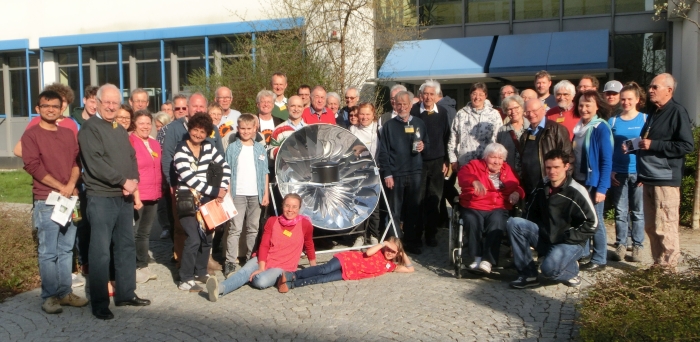
⇒Programm 2019
